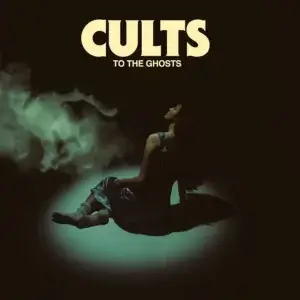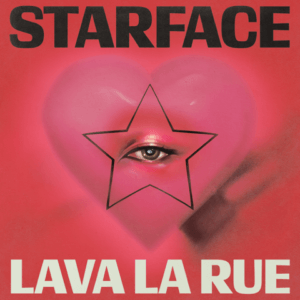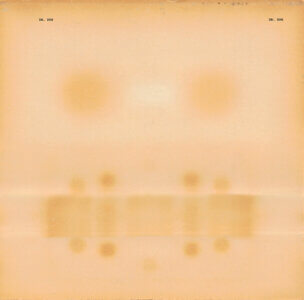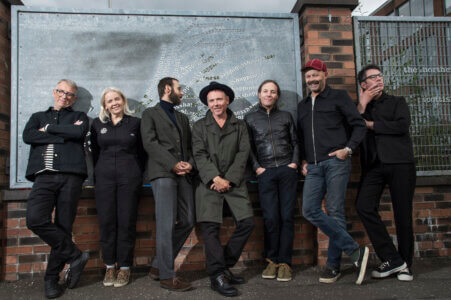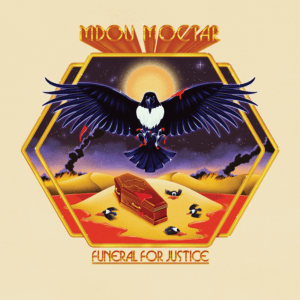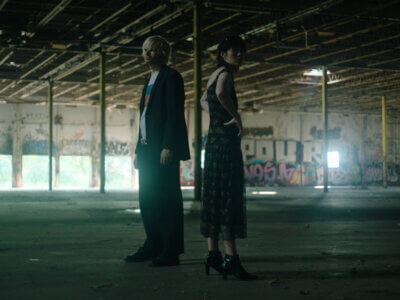Belle and Sebastian Keep On Developing
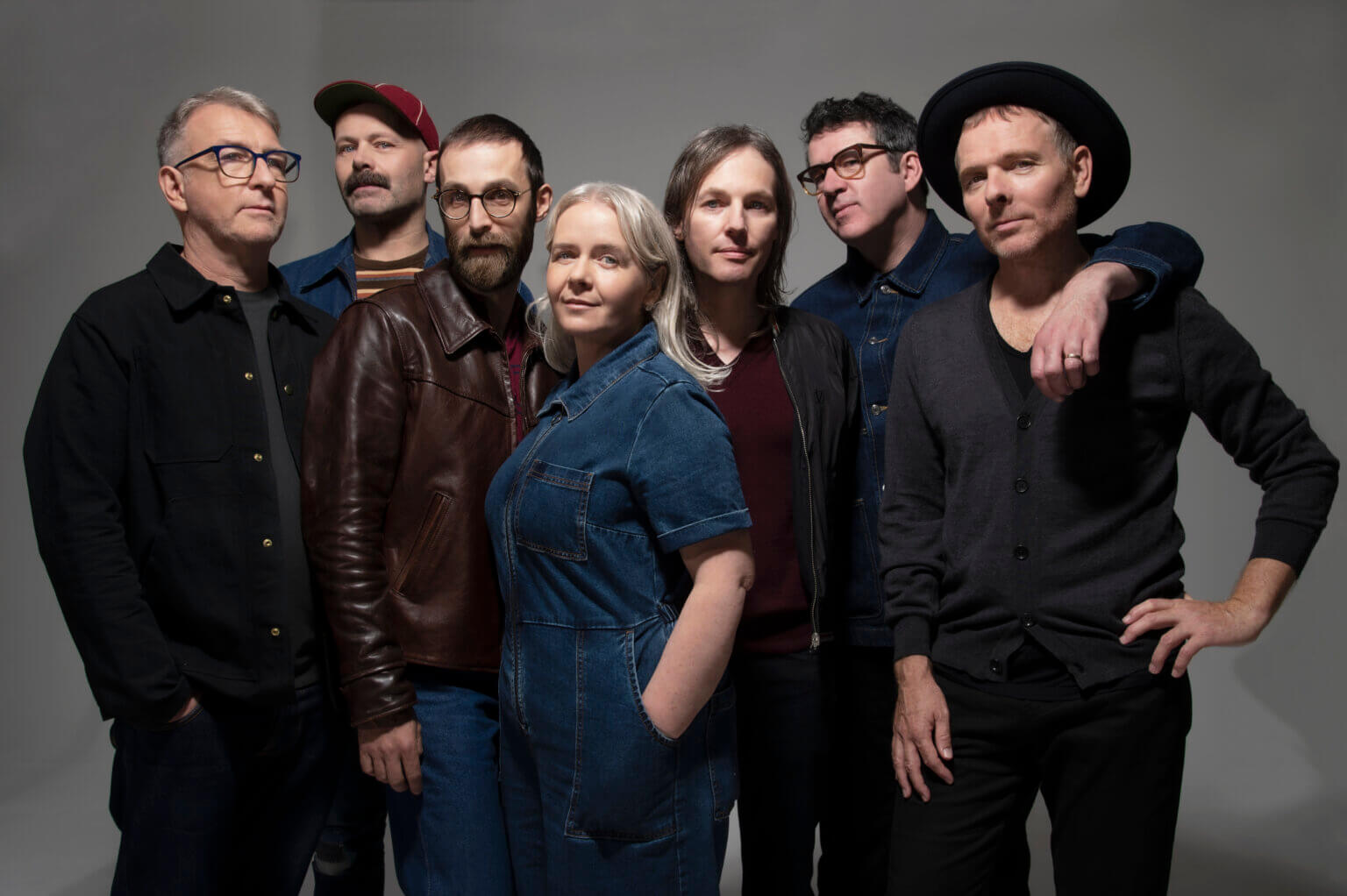
Last year after seven years without a full-length release, Belle and Sebastian released an album entitled A Bit of Previous. This year they announced that there was more on the way and last Friday dropped a follow-up album: Late Developers, which was anything but late. Songs on this latest offering provide lovely folk-rooted melodies and clever lyrics that fans have come to expect over the last more than a quarter century of the band’s existence. But there are also surprises. There’s “When the Cynics Stare Back From the Wall”, a song originally written in 1994 and the title track, which is a bouncy bass-driven number. Perhaps most surprisingly, the lead single “I Don’t Know What You See In Me”, an all-out infectious dance track. Yes, it’s sure to divide, but it’s also an experiment worthy of both respect and multiple spins. To get more insight on this unexpected follow up project, Stevie Jackson spoke over the phone from Glasgow with Northern Transmissions. He covered much ground: the process of releasing records, Paul McCartney, and how we can learn new things – we can all be late developers, as it were.
Northern Transmissions: Of course people are surprised and enthusiastic about the new album. But why do listeners get a second album? Is it based on just having so much material and wanting to share these? Is it a surprise for you as well as it is for us, the listeners?
Stevie Jackson: I guess it’s a kinda unexpected thing just with regards to the modern day album/tour thing. Album campaigns can just take a long time. We just thought instead of our next album being three years down the line with another campaign, we’ll just throw another one out. We had a bunch of material and decided, at some point, we’ll just make two albums out of it. And that’s what we did. We just sculpted two records at the same time. So they were both ready to go pretty much at the same time.
NT: And my understanding is that the recording process for this was somewhat different than previous in that, due to the pandemic, plans to record in America were shelved to record at home. Obviously Belle and Sebastian is a Scottish band. But is there something that you think is particularly Scottish or Glaswegian about these two records in terms of the space they were recorded in?
SJ: That’s an interesting question. I guess in terms of the content of the songs, they generally are quite Glaswegian. They tend to be story songs, character based. And they always felt quite, quite Glaswegian to me. Some of the writing by Stuart were more personal issues and he lives in Glasgow. It’s sort of the subject matter here because we’re Scottish and we’re Glaswegian, so it’s going to be that wherever. It’s just part of our dna. But in regards to where it was recorded, I think generally because we were producing it ourselves, there is a sense, maybe it is more Glaswegian as opposed to in the past. In the past we have seen albums as we leave town and we go away for a few weeks and we make a record, and it’s concise and and it’s clear and it’s businesslike.
So it’s possible that the environment inspires a certain sound or way of playing – certainly the producers inspire that. That’s why you go there, you know? I think in a sense, when you’re doing it yourself and you’re going to work in Glasgow every day, maybe, maybe it does feel more rainy!
NT: It does seem particularly fertile or fruitful given that there are two records that came out of this experience.
SJ: I think we’re always able to produce material when we’re in that realm. Part of this appeals to me because I like the old sixties records and all those bands came out with something every six months. Two or at least one a year was just normal, so by those standards, eight months isn’t a long time, but in modern standards, it’s very, very, very, very quick. Record labels want the content and the artwork six months in advance of a release these days. And I have to admit, I don’t understand that. It seems crazy to me. It’s just good to pop, pop them out.
NT: I also think that it provides a bit of presentness to the music. You mentioned Belle and Sebastian is known for storytelling, but you are also known for providing expression of emotion. There’s a bit of melancholy on this album. I read somewhere that said that this is a perfect “cost of living crisis” record.
SJ: Oh, right!
NT: There are some really light moments, but then you get into the lyrics on many of the songs: the first single has this very bright synth, but the lyrics aren’t the most uplifting. It seems to reflect this moment in the UK of struggle.
SJ: Yeah. Could be! I think because we’re older and most of us have children and, like other citizens, we’re just trying to get by and make a living and things like that. There’s a line – it’s a pretty harsh line – “now we’ve got kids and dystopia”.
NT: That was another one I was thinking of too!
SJ: Yeah, yeah. We’re not carefree 20- or even 30-somethings anymore. We have responsibilities and families to take care of. And everybody’s been affected by the pandemic and the financial ramifications of that. We make our money from touring. We’re not complaining, but we have to make a living like everybody else. We have been affected by [the pandemic], but also it’s just growing older and the other issues you have to deal with.
NT: I hate to ask this question, but the term “twee” has been used many times in terms of a description of Belle and Sebastian’s music. But I don’t see this as a twee album in any way. I don’t see the last one either. I did, however, read a number of reviews of the record by people who really, really want “a bit of previous”, you could say. I’m just wondering, how do you react as a band that has such a long history with people who want you to sound a particular way?
SJ: Twee is an interesting word. In the UK it’s seen as quite a derisory put down. We had this kinda image, which in a way was quite good because as long as people had that image, we could do whatever we wanted, you know what I mean? (laughs). It was almost this kind of cartoon version of the group. And I didn’t see the early works as being twee at all. I think it takes balls to say things like, “do something pretty while you can”, you know?
It takes total nerve to look someone or an audience in the eye and make yourself vulnerable and be open. I don’t see that as twee or fey. And in terms of people who like our early records or our early sounds, that’s fine. Those records are there, you know? There’s enough of them and you can’t keep repeating the same thing over and over. I think in terms of the content of the songs, I don’t think that much has changed. We change as people, and Stuart, the main writer, has changed, and circumstances change, but you know they’re still coming from the same place. A lot of the songs, the content, maybe the musical backing changes.
When we started off the touchstones were the Loving Spoonful, the Left Banke, the Velvet Underground. Then later on, other influences come in, whatever they are: disco or power pop or you know, take your pick, country music, anything, anything at all. Those influences come out. People that like their early records have still got the early records. As for the perception as this kind of twee thing, it doesn’t bother me. It makes me laugh. We can’t be that fey and twee! We’re pushing 30 years in a very tough industry. We can’t be total pushovers, you know what I mean? You gotta be quite tough to survive and flourish in that.
NT: And can I speak directly to your own songwriting and your song “In the Moment” on the record? I like the line referencing Paul McCartney in Wings.
SJ: I had the first verse for a long time and the chorus bit, and it was a Neil Young strummy thing. We just set up the studio, so thought let’s record something to test it. I said, “I’ve got this tune, but let’s do it fast” (laughs). I was thinking about “Harlan County” by Jim Ford, which is this kinda fast, funky, hard on tune. It sounds nothing like that, but it kind of came out a new way. And then, I just went away and finished it.
It’s hard to even remember how a song gets started. It’s one of those songs where the structure of it is “this is what happened in the beginning, this is what happened next.” Every verse moves it forward. The line about Paul McCartney is funny because there was a line in the first draft: “my indecision has wings” (laughs). I realized there’s a reference. And I thought, I’ll just say Paul McCartney. It’s fun to do that kind thing. Probably Paul McCartney’s been name-checked on a hundred songs at least, but how many songs have name-checked Paul McCartney in Wings?
NT: Wings is having a bit of a resurgence. I think there was a lot of sort of derision towards Wings for a long time, but in the past years I think people have recognized that there’s a little bit more there.
SJ: I’ve always been a Wings guy. I even remember them when they were going. Gives away my age, but yeah, I love Wings, and Paul McCartney, after The Beatles, just made weird records. I mean, I don’t think people get just how weird the guy is. Some of his records are pretty strange and they’re being recognized for that. I think the guy’s out there, he really is. He can write effortless melodies and love songs and all that. He’s something else.
NT: I guess my last question, as a Canadian, I need to ask you about the video for the first single with figure skater Jonathan Cassar. I know that oftentimes bands don’t have tremendous amounts of input into videos, but wondering about your thoughts on the way that the video connects with the song,
SJ: It was Stuart’s idea and he’s kind of good at thinking out of the box. He comes out with these freeform ideas. Ice skating? I wasn’t involved in that at all. But you know, I thought it was a nice idea. They wouldn’t get me in for a cameo. I’ve only skated once (laughs). What I remember is falling down all the time. One of my regrets in life is I can’t ice skate, you know? But it’s time yet. It’s time yet.
Interview by Erin MacLeod
purchase Late Developers by Belle And Sebastian HERE
Latest Reviews
Tracks
Advertisement
Looking for something new to listen to?
Sign up to our all-new newsletter for top-notch reviews, news, videos and playlists.


